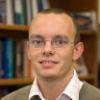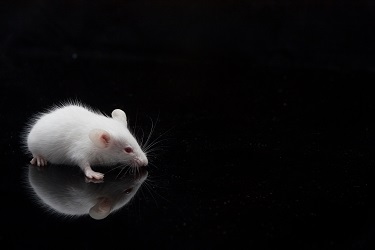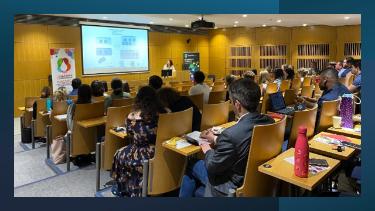Why March for Science?
The March for Science took place on the 22nd April in over 600 cities around the world to celebrate science. In Dublin, over 600 people – scientist and non-scientist alike – marched for science as a pillar of human freedom and prosperity.
The March for Science movement originated in the USA where President Donald Trump, an outspoken science critic, recently denied global warming and the safety of vaccines. But Europe, itself riddled by funding cuts to science and education, is not without problems. Perhaps fuelled by recent financial and socio-economic problems, a certain what-is-in-it-for-me mentality seems gain increasing momentum. Thus many felt, like me, that staying silent is a luxury that we can no longer afford.
“I marched because we can’t afford to be apathetic and let the voice of scientific learning and reason be drowned out as public discourse becomes more extreme.”
~ Will Fitzmaurice, Research Programme Manager, SBI, who marched with his three children.Overall, the world is better off today than it was in the past. This is due to science of course. Science works. Science is about finding stuff out, confronting the facts, and building solutions. Science cured diseases (example: penicillin), brought us to the moon, gave us electricity, mobile phones, and painkillers.
So how does science work? It is about finding stuff out, and confronting the facts. As a scientist, you ask a question, and design an experiment. Then you collect the data, and get your result. This is your answer, supported by evidence.
But even better, a rival of yours checks it - because they might not believe you! They design an even better experiment; corroborate your previous findings. Whether or not you like the emerging truth is irrelevant. You do not have the option. You do not get “to choose” not to believe the result!
Thus science is a human endeavour, in which we constantly question and double-check each other’s results. Thus, there is controversy at the forefront of science - naturally. But eventually this is how we find out the truth as something we can be certain about. This is how we find out what works and what does not work. It is the best system we have ever come up with, and it has made the world a better place.
This is why so many of us were matching for science. Because we need science – there is simply no alternative. Cherry-picking the results you like is not an option and it is not science! Because we all need to accept the facts in order to make the best decisions possible. To do so we need a scientifically literate public, and scientifically literate politicians. Facing the facts, we can all take part – scientist and non-scientist alike – and together make the world a better place.
About the author
Dirk Fey is a junior group leader at SBI who is working on a holistic, quantitative understanding of cancer related signalling networks across the scales ranging from the intracellular to the organism level.


